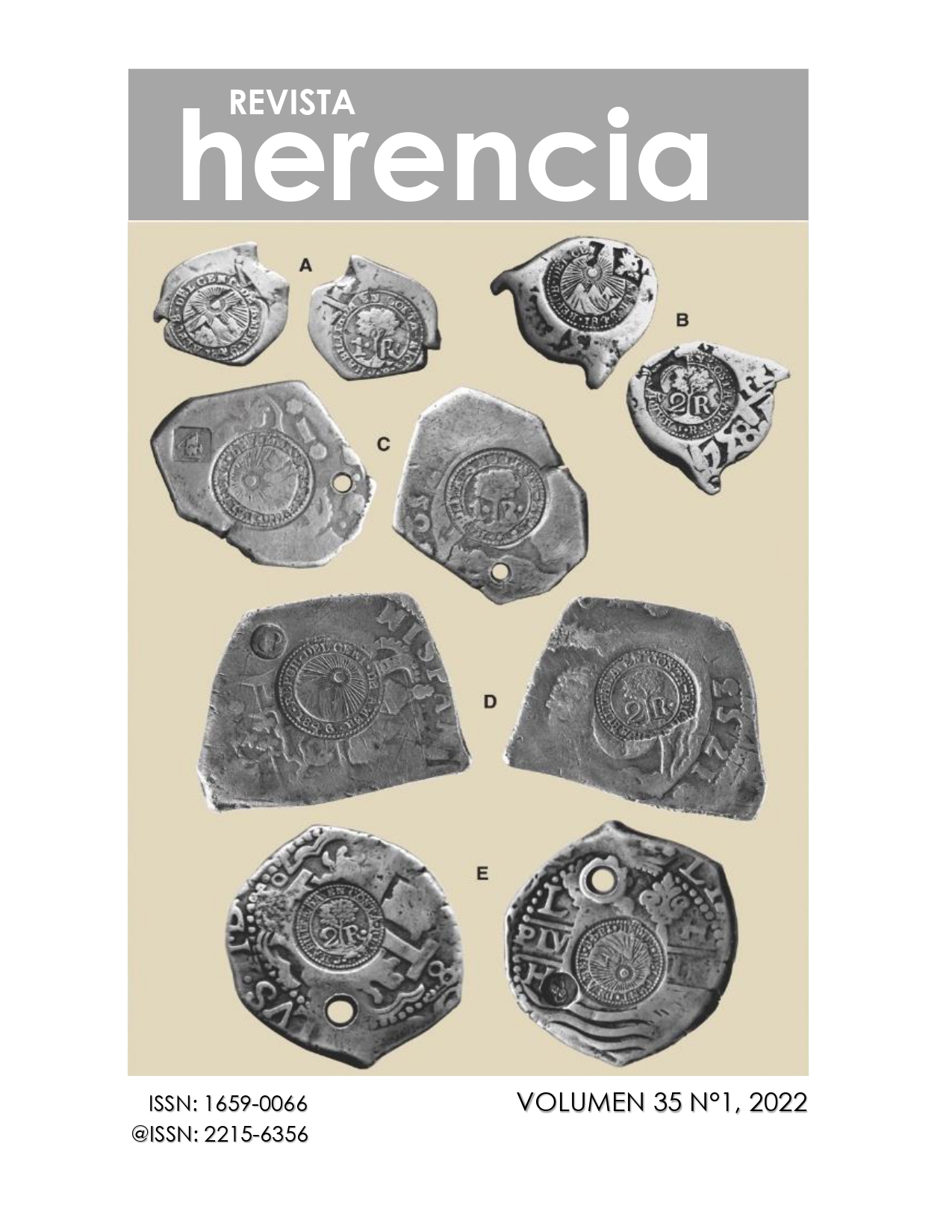Abstract
Received: 28-10-2021.
Approved: 23-12-2021.
Cachí's Archeological Heritage emerged in 2020 as a response to a series of actions of destruction towards the archaeological heritage of the Cachí district. Also, the objective of the project was to promote awareness and linkage of archaeological heritage in the Cachí community through the creation of virtual resources that will facilitate the socialization of archaeological sites and their historical value. Therefore, we created Facebook and Instagram pages to make informative publications.Then, the project won a scholarship from the Ministry of Culture and Youth, which allowed the creation of various informative materials like: podcasts, audiograms and virtual conversations with the community. Which promoted an active response from people with Facebook and Instagram pages, which resulted in the rescue of the community's memory around heritage. In conclusion, the importance of involving communities in the socialization of heritage value and conservation actions is emphasized, especially in times where the use of technologies is daily.
References
Araya, M., Arias, C. y Cerdas, L. (2002). “Si no unimos lo que tenemos, nadie va ha hacerlo... Gestión local para la reducción del riesgo ante los desastres en Cachí, Paraíso, Cartago”. [Tesis de Licenciatura, Universidad de Costa Rica].
Corrales, F. (2019). Hacia una arqueología pública en el Sureste de Costa Rica: tres experiencias. I Simposio de Arqueología Pública en El Salvador.
Costa, T. (2017). Instagram como herramienta para la creación de un museo social y online. [Tesis de Maestría, Universidad Autónoma de Barcelona].
Ministerio de Cultura y Juventud. (2020). Becas Creativas.
Monge, G. (7 de septiembre de 2021). Petrograbados en el Río General de Pérez Zeledón. Museo Nacional de Costa Rica. https://www.museocostarica.go.cr/divulgacion/articulos-educativos/petrograbados-en-el-rio-general/
Solís, F. (2020). Informe de inspección arqueológica por denuncia de alteración de sitios arqueológicos en Cachí, Paraíso, Cartago. Museo Nacional de Costa Rica. Departamento de Antropología e Historia.
UNESCO. (2020). Cultura y Covid-19. Impacto y Respuesta.

